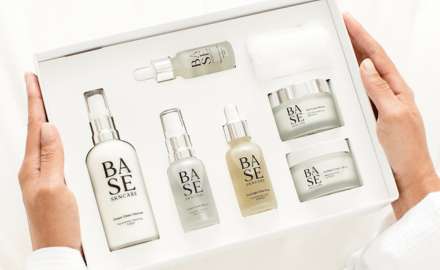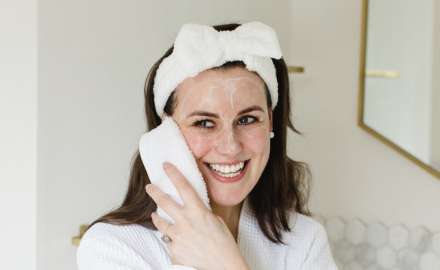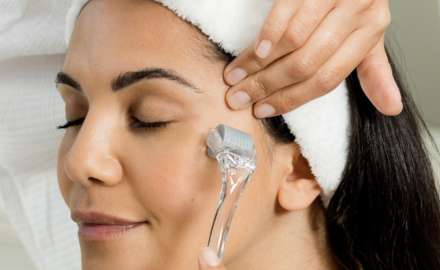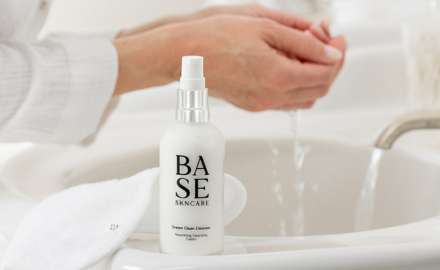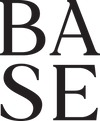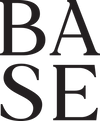
What is Retinol and why does my skin need it?
Retinol is a hero ingredient of the skincare industry due to its incredible skin ageing benefits. However, throughout my career as an Aesthetician, many clients have been slightly confused and baffled by what Retinol ACTUALLY is…. So don’t worry if you are too, you’re definitely not alone.
I’m going to break it all down into bite size chunks and by the end of this blog, you’ll be a retinol connoisseur. So, let’s begin…
What is Retinol?
Unbeknown to many, when we talk about Retinol we are actually talking about Retinoids.
Retinoids is an umbrella term for all forms of Vitamin A - one of the body's key nutrients for boosting cell turnover. Due to the varying concentration levels, there are many different types of Retinoids available and Retinol is just one of them.
Mild Retinoids such as Retinyl Palmitate are used in over the counter skincare products, whilst highly concentrated Retinoids like Tretinoin, must be prescribed by a dermatologist.
Prescription strength Retinoids are intense but used infrequently. They deliver quick results however they incur downtime such as redness, dryness and flaking. In contrast, skincare products containing mild Retinoids work at a slightly slower pace. This means they can be applied daily and have little to no downtime at all.
They both deliver the same results; they just work at slightly different speeds.
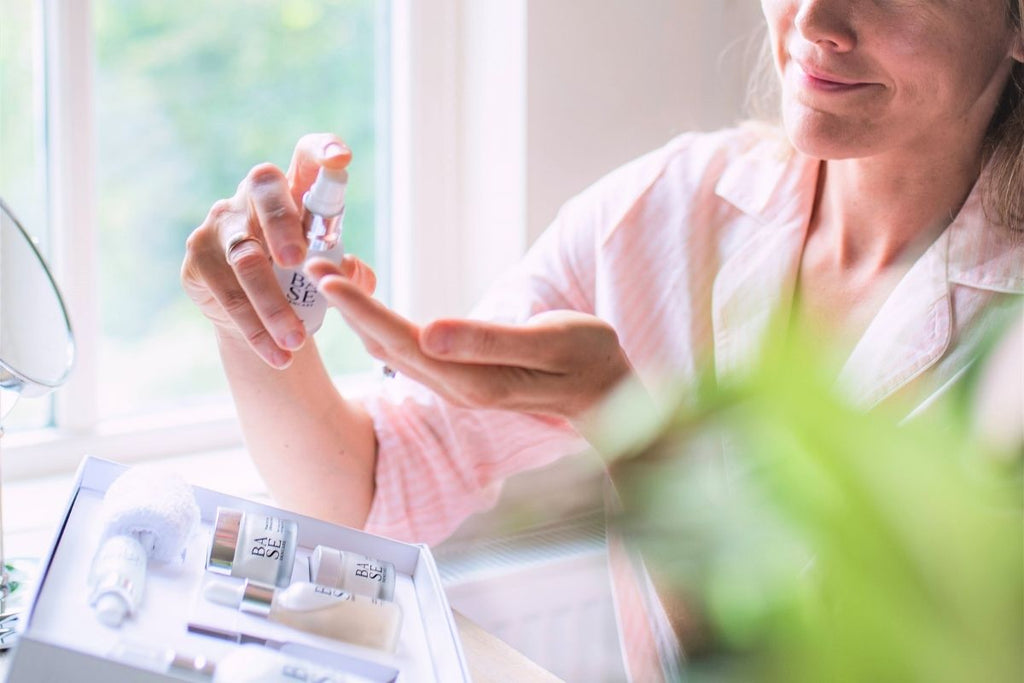
How do Retinoids work?
When Retinoids are applied to the skin they are absorbed, broken down and transformed into Retinoic Acid. This compound then impacts the skin’s cell structure by stimulating collagen and increasing the cell renewal process.
This is important because as we grow older, collagen and cell renewal slow down causing our skin to age. Used correctly, Retinoids prevent and reverse this process.
What are the main benefits of Retinoids?
By stimulating collagen and increasing the cell renewal process, Retinoids...
- Firm, lift and plump the skin.
- Reduce the appearance of fine lines and wrinkles.
- Improve skin radiance and deliver a youthful glow.
- Even the skin tone, reduce signs of sun damage and pigmentation.
- Treat breakouts, blemishes and refine the pores.
You can see why they have become hero ingredients in the 'Anti-Ageing' world!
Incredibly, Retinoids are also wonderful for treating acne. So if you’re struggling with persistent breakouts and blemishes, look to include one in your routine.
When should I start using Retinoids?
Perhaps a little earlier than you’d expect! The ageing process of our skin starts in our mid-twenties. You can look to use a retinoid from this point onwards to prevent signs of skin ageing.
If you’re passed the prevention stage and are now searching for the cure… fear not. Retinoids can be incorporated at any time as they work to reverse the signs of skin ageing and will help to restore a youthful complexion.
Just be careful to avoid them altogether if you are pregnant or breastfeeding.

How do I use Retinoids in my skincare routine?
It all depends on the type of Retinoid product you are using and what you are combining it with.
When explaining how to incorporate Retinoids to clients, I always say it’s a balancing act. Apply too much and it will cause irritation. Apply too little and you won’t see results.
This is one of the main reasons I created the Proactive Age Kit for clients. The Kit has been so effective because it easily incorporates Retinyl Palmitate through our 5-Step skincare system. This eliminates all confusion and ensures the correct balance of Retinoids are used on a daily basis for transformative results.
I hope this helps you to understand the wonderful world of Retinoids and encourages you to add them into your routine. Your skin and your future self will thank you for it!
Amy x

Amy x
Amy is a qualified skin expert and founder of BASE. When she’s not writing about skincare, you’ll find her applying it, developing it or daydreaming about it instead!



